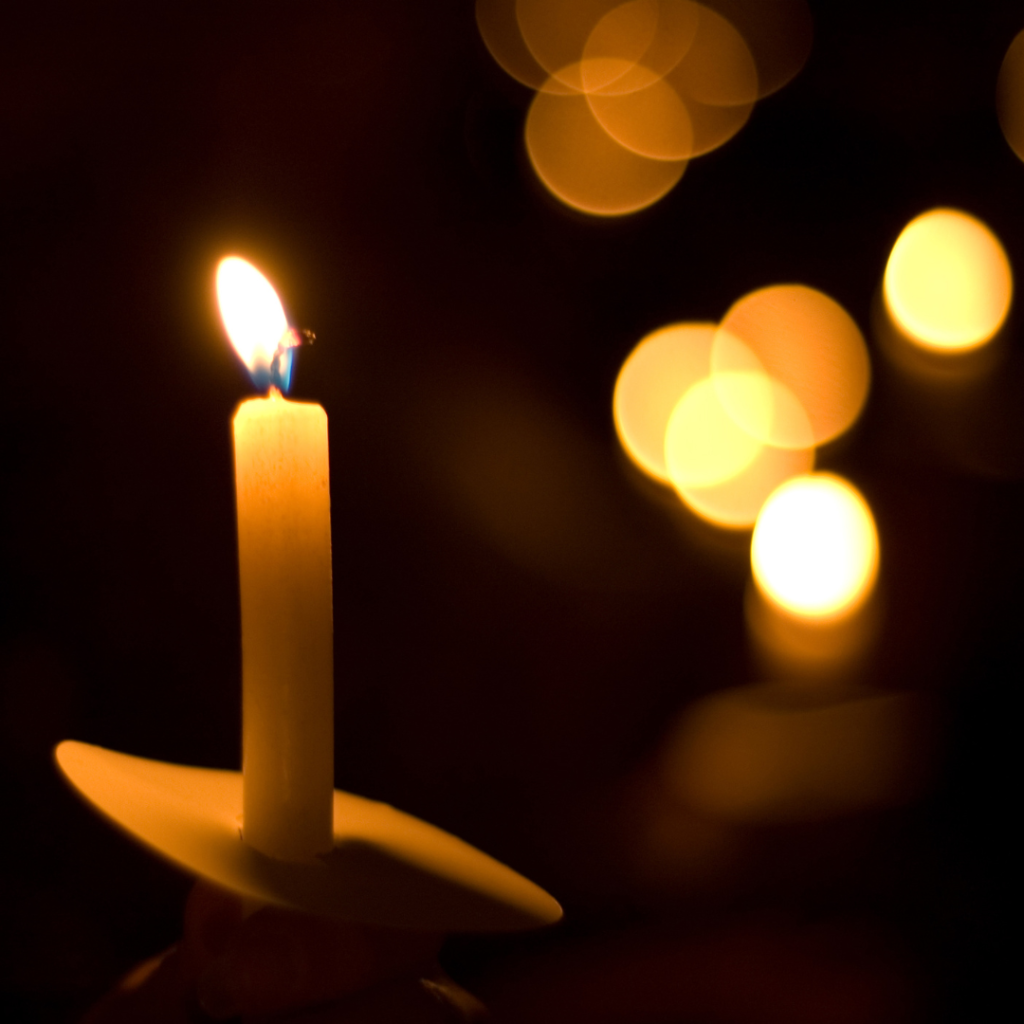Dear Men, I’m saving you a spot at the next vigil
Written by: Tara Kleinsteuber (YWCA Cambridge)
I have been attending vigils for victims of gender-based violence for years and whether the focus is on missing and murdered Indigenous women, or marking the anniversary of the Dec. 6 shootings at Ecole Polytechnique in Montreal, there’s always a noticeable absence in the crowd — men.
Other than a select few, why are men missing from these events? Do you feel like these spaces aren’t for you? That femicide and gender-based violence aren’t your issue?
I first heard this question about missing men raised at a gathering about eight years ago. Then it really hit home for me last month while I was participating in YWCA Cambridge’s Dec. 6 vigil, during which, along with another colleague, I read out the names and short biographies of the 14 Ecole Polytechnique victims. Once again, I was looking around a room during a ceremony honouring and grieving lives lost and there wasn’t even one man.
I’m reminded of something often pointed out by Jackson Katz, an American educator known for his work on issues of gender, race and violence: “Domestic violence and sexual abuse are often called women’s issues. But these are inherently men’s issues. The assumption that gendered violence is a women’s issue gives men an excuse not to pay attention.”
Often, well-intentioned men will frame their attention on gender-based and sexual violence in relation to having daughters, mothers, sisters, etc. It’s often from the perspective of a “protector” and it only applies to those women and girls directly linked to their own lives. But that’s missing the point.
The point is we continue to live in a culture that prioritizes teaching women and girls how to not get assaulted, rather than focusing on teaching men and boys how not to assault.
If you’re a man reading this and you’re thinking to yourself, “I’ve never assaulted a woman; this message isn’t for me,” I implore you to think again.
The Ecole Polytechnique shooter didn’t act in a vacuum in 1989. His view was that women “being allowed” into school to study engineering took his place and “ruined his life.” He literally said that.

Every time you laugh at a joke about women belonging in the kitchen, or tease your bud for being a “sissy,” or tell your son to “man up,” these are all part and parcel of the larger beast that produces the conditions for gender and sexual violence. It’s death by a thousand cuts.
I don’t want to bring on a wave of “not all men” here. What I want is for everyone — especially men — to understand they are a part of the solution to gender-based violence. These memorials, vigils, marches and rallies aren’t mere performance art. They’re cathartic for survivors, sure, and comforting for all those individuals impacted by violence. However, they’re also opportunities for allies to show up and show their commitment to being a part of the change we need to see.
Survivors aren’t looking for protectors. We’re looking for partners in the work of creating safer spaces.
So, please consider this your official invite to the next event honouring and grieving victims of gender-based violence. The next day of recognition is Red Dress Day on May 5, a day honouring missing and murdered Indigenous women, girls, Two-Spirit and gender-diverse individuals. Find an event in your community and, please, show up.
This piece was recently published as an opinion piece in the Waterloo Record.
